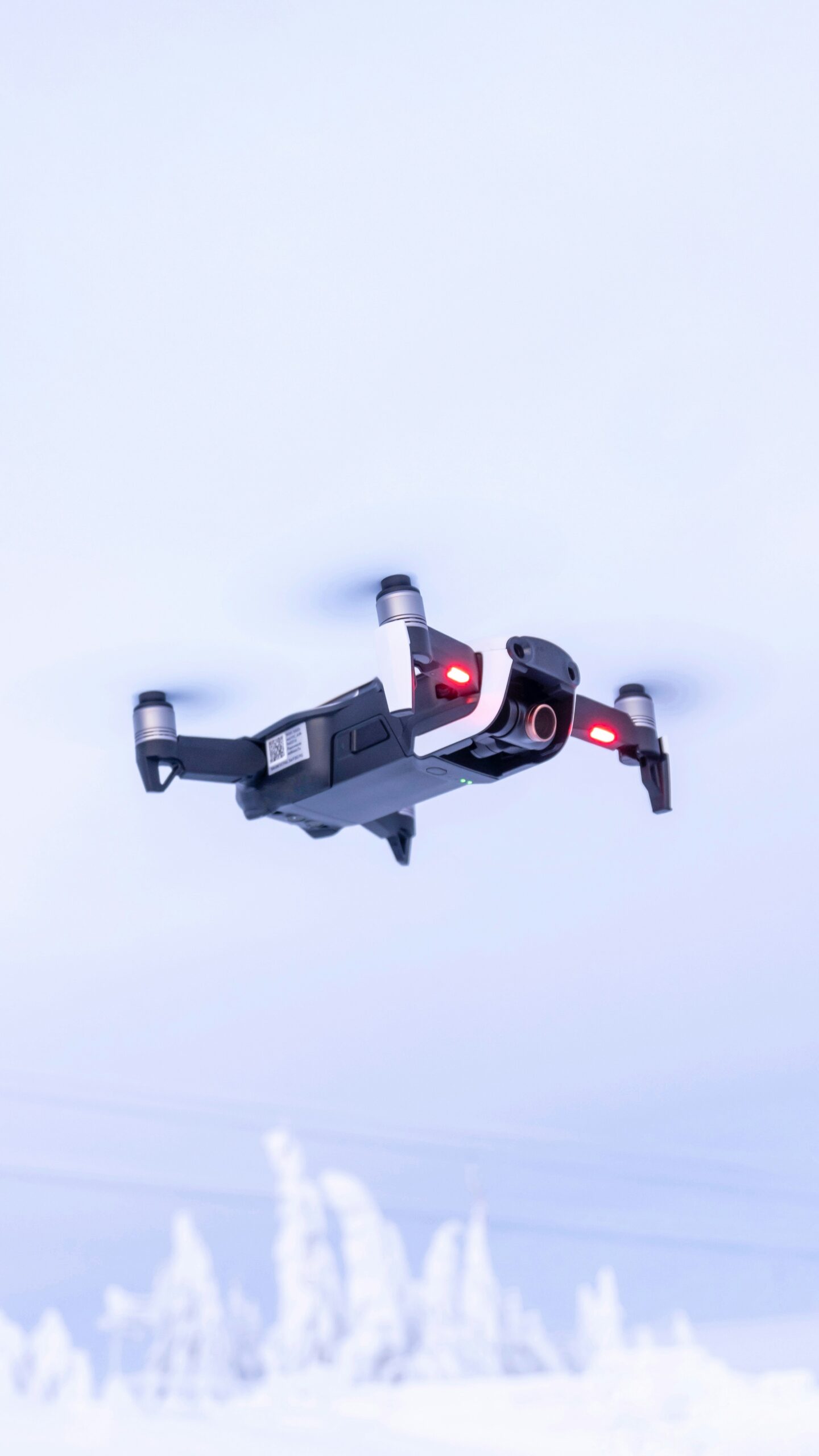With technology advancements and availability happening regularly, so does our innovation towards aviation technology. If you do not know what aviation technology is, it is essentially scientific advancements towards aircraft (any vehicle capable of flight). As our population is growing, the need for transportation for both people and goods is also becoming more imperative. The most important transportation, which achieves this very efficiently, especially over longer distances, is aircrafts. Not only are aircrafts efficient when it comes to transporting people and goods, but they also benefit economies, safety, and environments. Because the aviation industry continues to revolutionize, the industry and its innovation will continue to create more ever-lasting impacts on a global scale. There are many roles that revolutionize the industry, including Artificial Intelligence (AI), hybrid and electric airplanes, and lastly, the workforce.
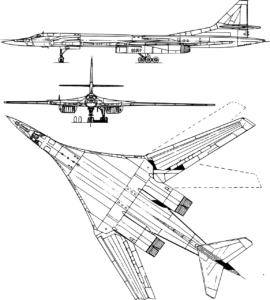
How Artificial Intelligence will play a role on the aviation industry
Think back to the Apollo moon landing, an event that happened during the year of 1969. Back then, Artificial Intelligence was not very recognized, let alone the phones that we now use everyday. However, today, Artificial Intelligence now plays a huge role, especially with assisting humans with regulating data. With Artificial Intelligence becoming more involved, it does so in the aviation industry by improving safety and performance in aircrafts from automated drones to pilot assistance systems, as well as helping future pilots themselves train in simulations. By having Artificial Intelligence help regulate data, performances, and safety procedures, the aviation industry will not only become more smarter and automated, but aircrafts and pilots will also benefit with Artificial Intelligence by their side.
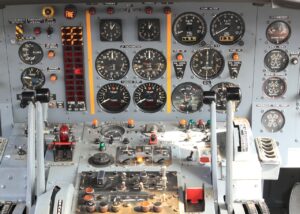
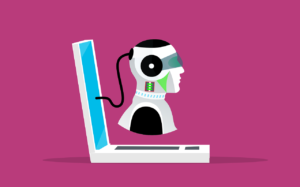
Why hybrid and electric airplanes will revolutionize the industry
When it comes to revolutionizing technology, there is also the valid point to consider our environment. With hybrid and electric airplanes, it obviously will benefit our environment due to their low carbon emissions and higher efficiency.
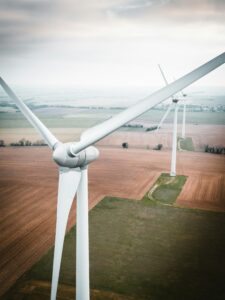
However, the question is why will hybrid and electric airplanes revolutionize the industry? Along with their benefits to the environment, they also allow us to better manage our energy. In fact, hybridization (of an aircraft) leads to reducing fuel consumption by 5% when compared to a standard flight. A 5% less fuel consumption may seem little at first, but keep in mind, we use millions of airplanes on a yearly basis. For example, in 2017, 37 million commercial flights were done, and commercial flights are mainly for people. With a 5% reduced fuel consumption, our hybrid and electric airplanes will not only benefit our environment, but they also allow us to manage our energy better, making these airplanes, and also the industry itself, more efficient as the years go by.
As a little extra note, as climate change progresses, the industry will definitely not stop at hybrid and electric airplanes. The industry is currently exploring alternative fuels and energy sources for there aviation technology. Especially in the aerospace engineering sector, they are also looking into aircraft efficiency and aerodynamics. Above all, there are a lot of methods that the aviation industry is testing in order to limit climate change. The future where aircrafts are as eco-friendly and efficient as possible is yet to come. With hybrid and electric airplanes as possibly the beginning, the aviation industry can significantly contribute to eliminating climate change.
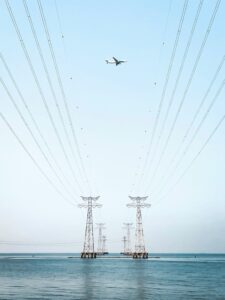
The role of the workforce towards the future of aviation technology
Finally, we have the workforce engaged in aviation technology. There are a lot of workforces engaged in aviation technology, including, but not limited to, airlines, engineers, and navigation service providers.
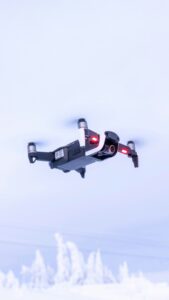
Although the growing development of aviation technology is causing future workers to require more training, the entirety of the future of aviation technology depends on the workforce, especially the engineers that research, create, and test them. From the Apollo moon landing in 1969 to today, there is an incredible difference in all of the workforces. Because of this difference, innovation and adaptability is absolutely necessary for the future towards aviation technology. The role that the workforce holds is to not only allow the technology to become more automated by AI or more efficient, but to also create and test more ideas to how they are to be used, and also how else they can be used in a safe manner. An open-minded workforce always leads to technological advancements.

Closing Section
The future of aviation technology is very promising. With AI-assisted technology and more efficient, as well as eco-friendly, technology, the idea of transportation has a strong possibility of changing in the future. Similar to every workforce, the reality is that without a workforce, there is no future or promise to society. The reason why society is as advanced today is because of ideas from everyone. Regardless if its part of the aviation industry or not, every idea matters. You will never know if the craziest ideas works if you are not open-minded with others. In my opinion, I have always been fascinated by how aircrafts and spaceships come to life. It is very exciting to wonder exactly what revolutionized aviation technology will come in the future!

